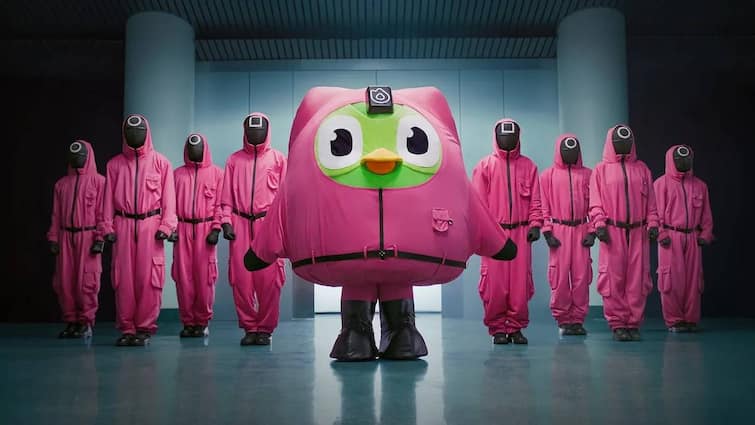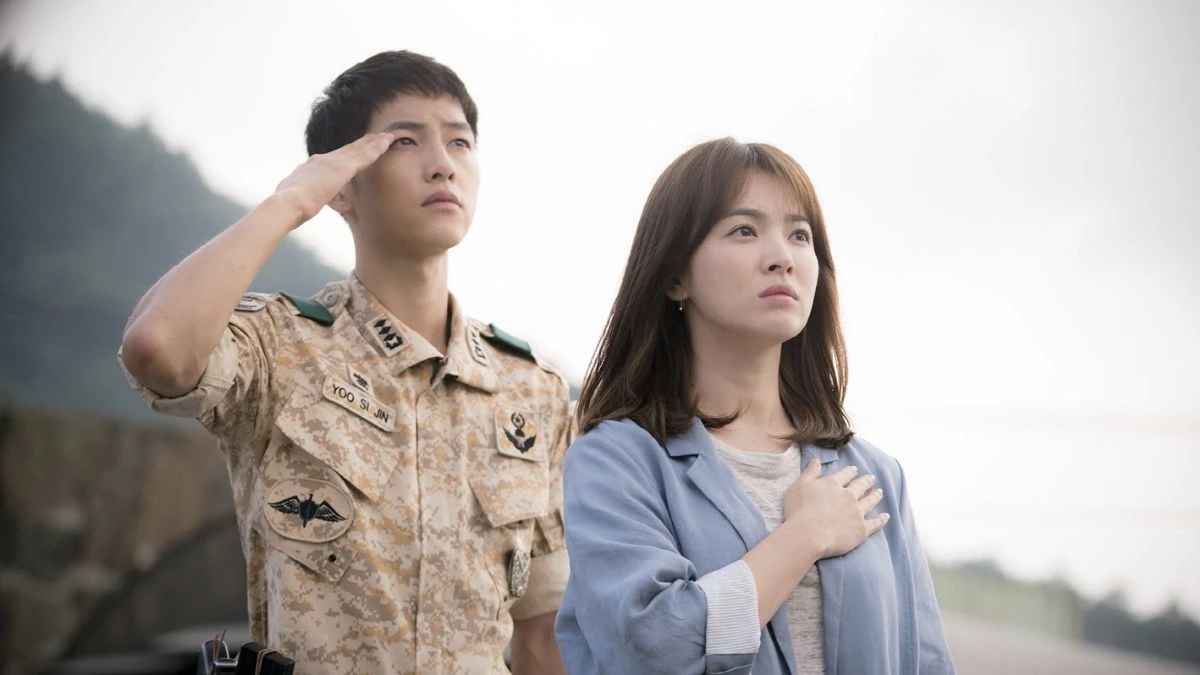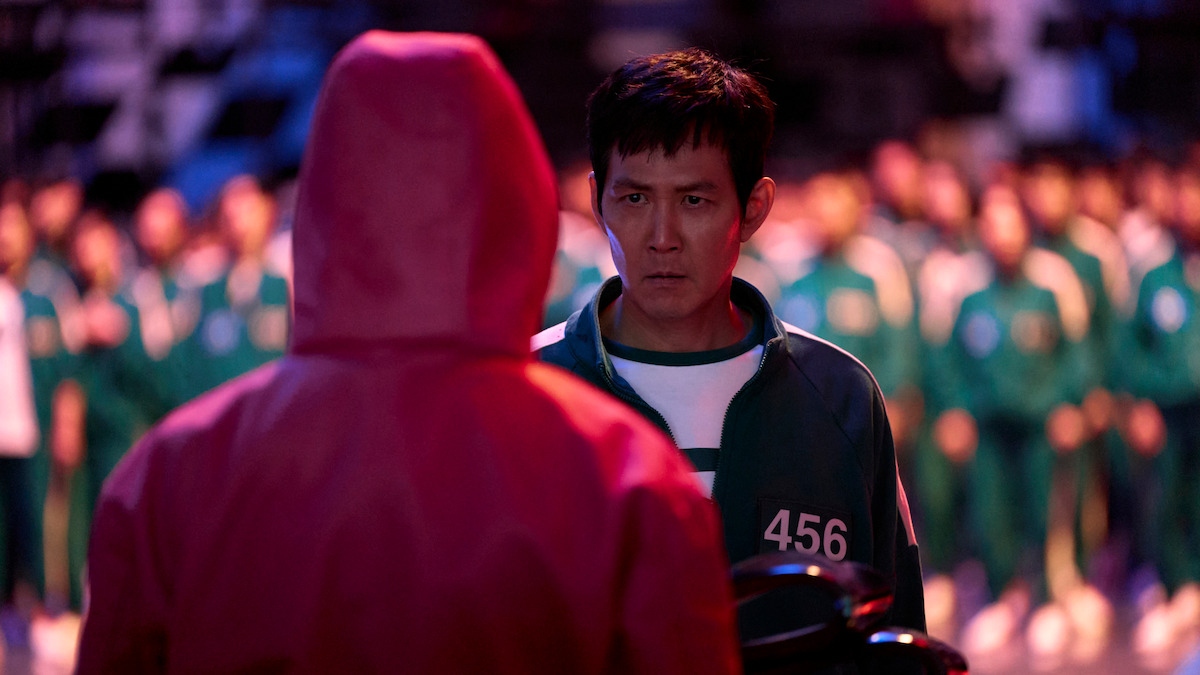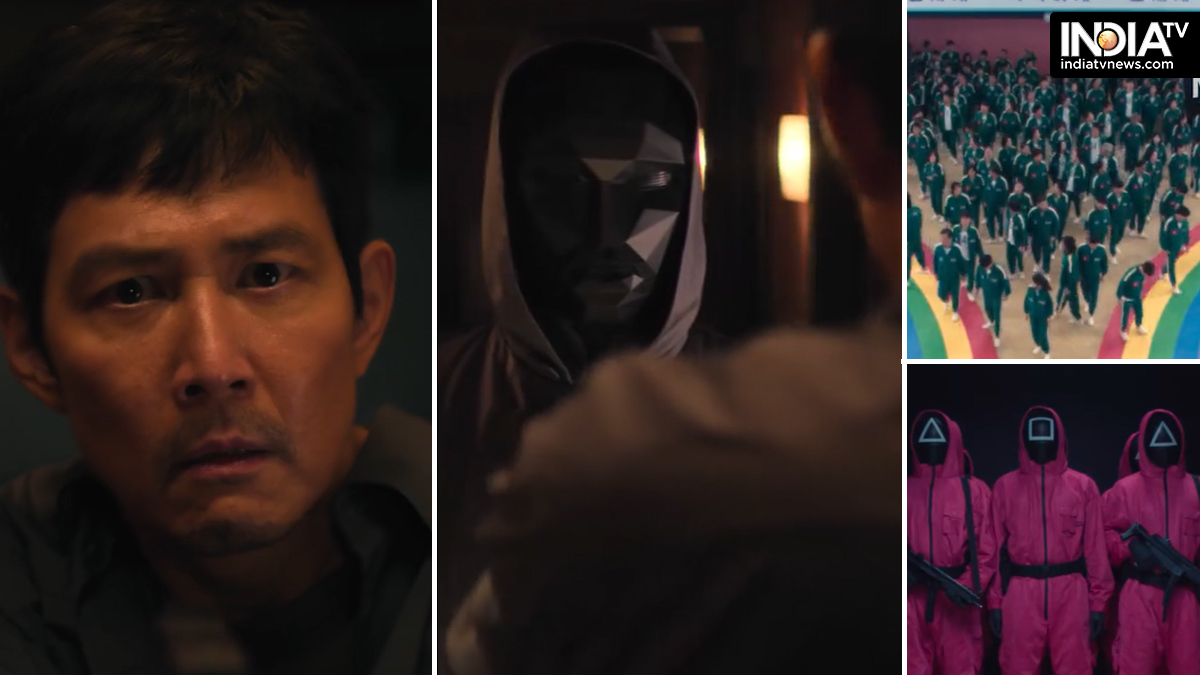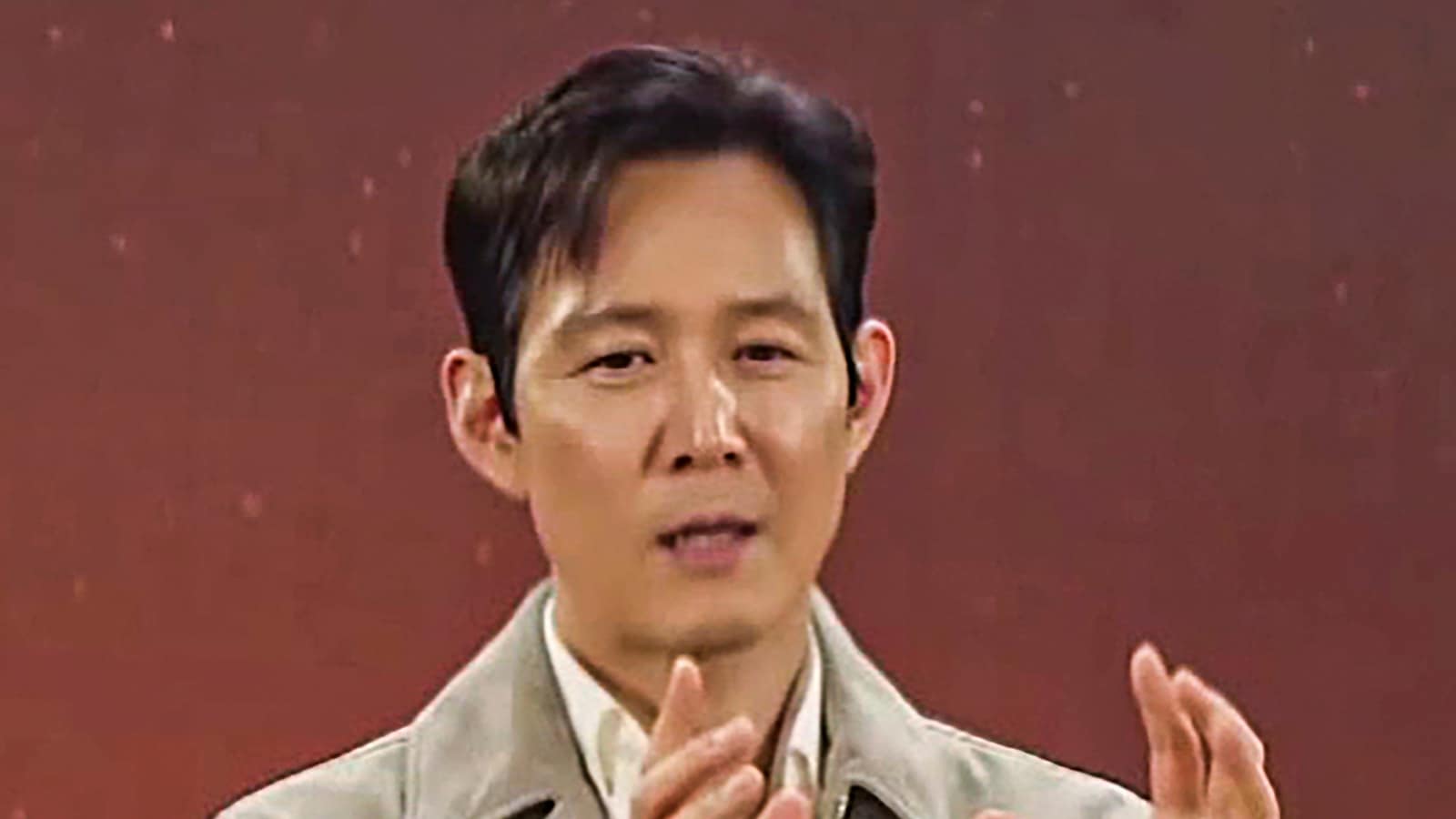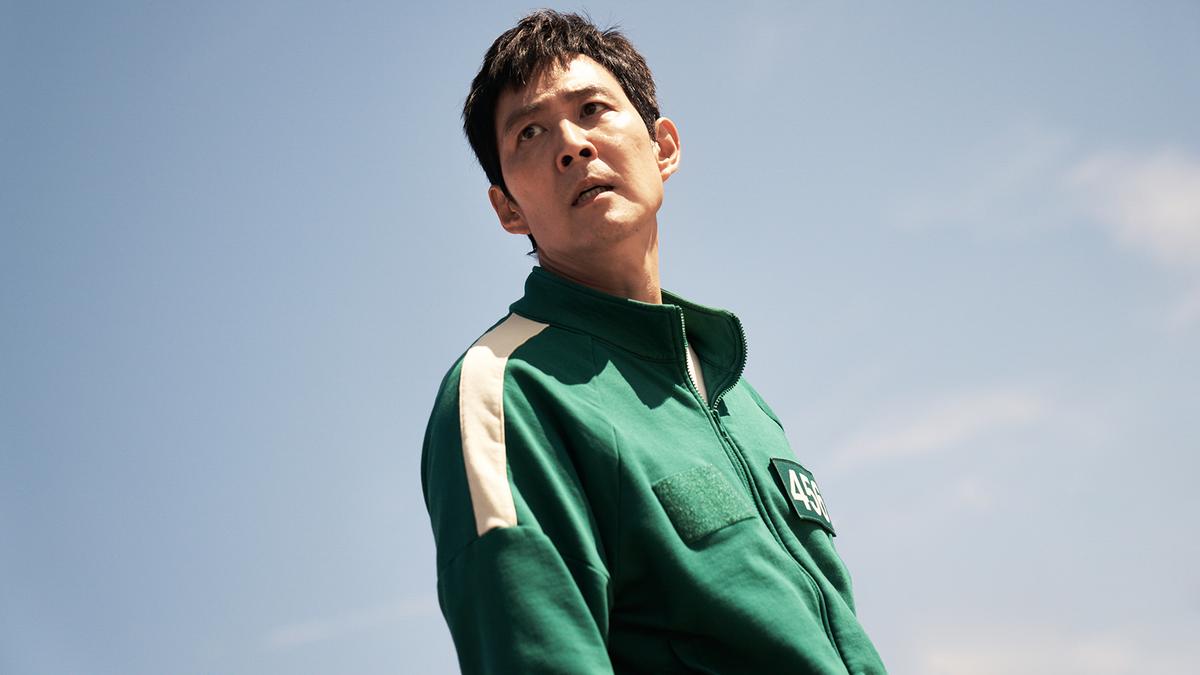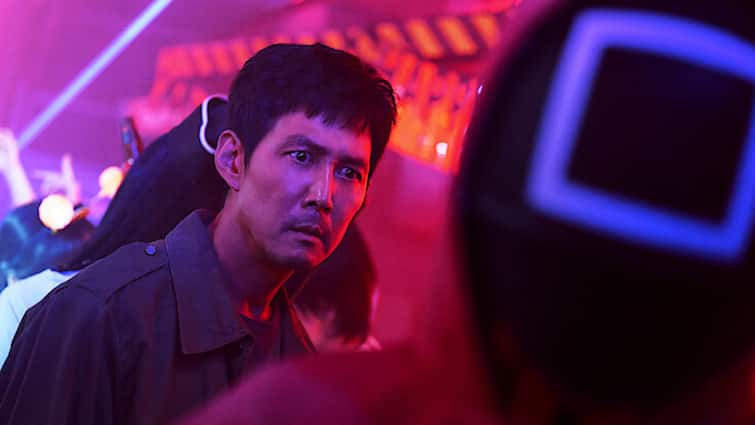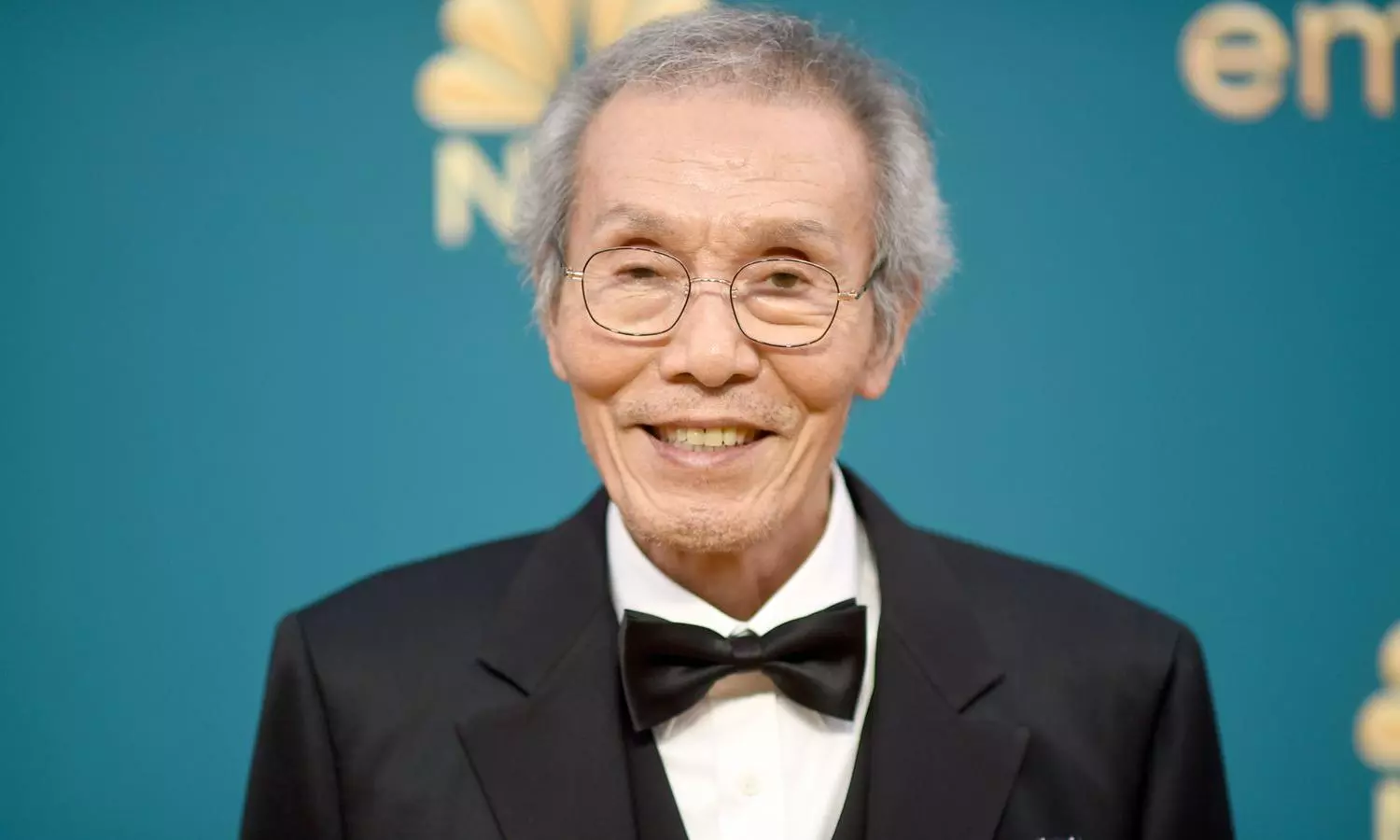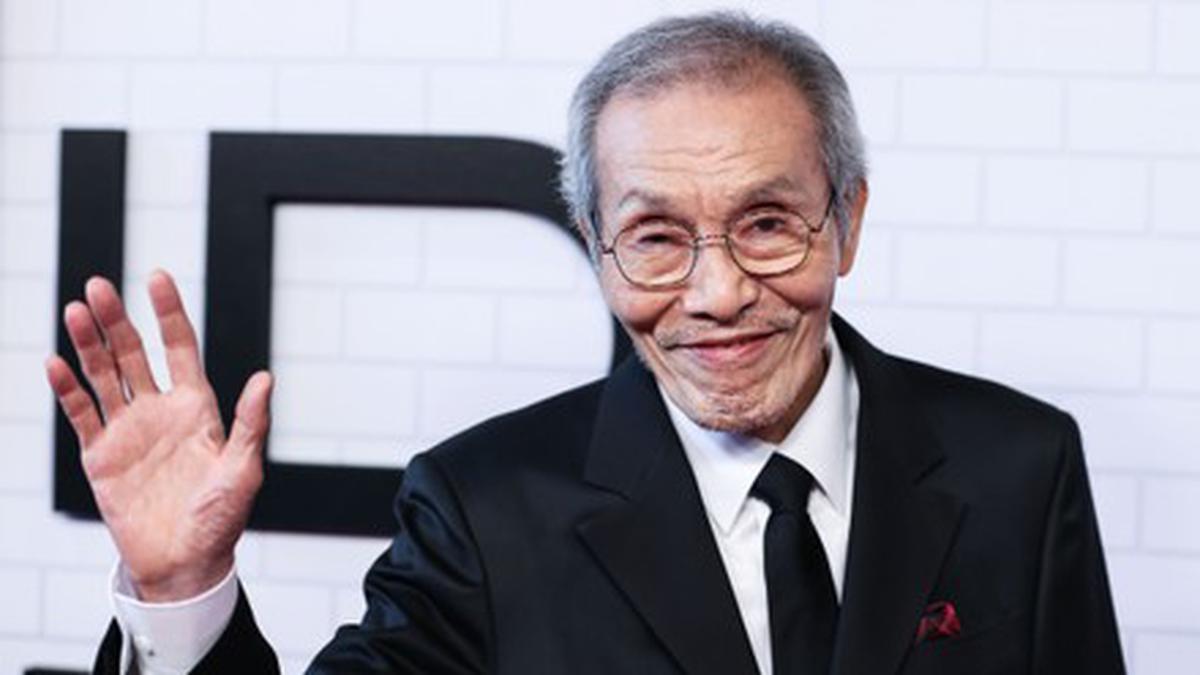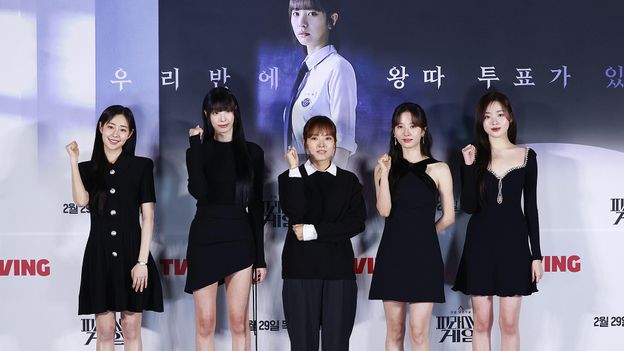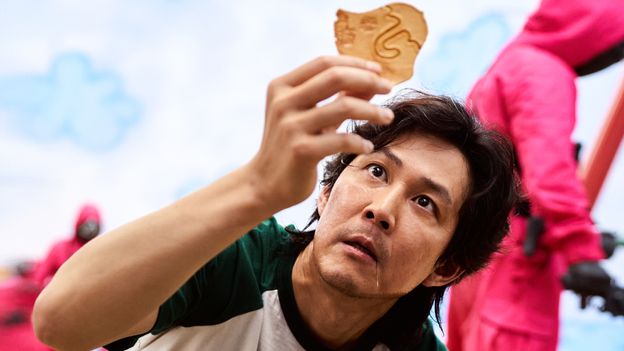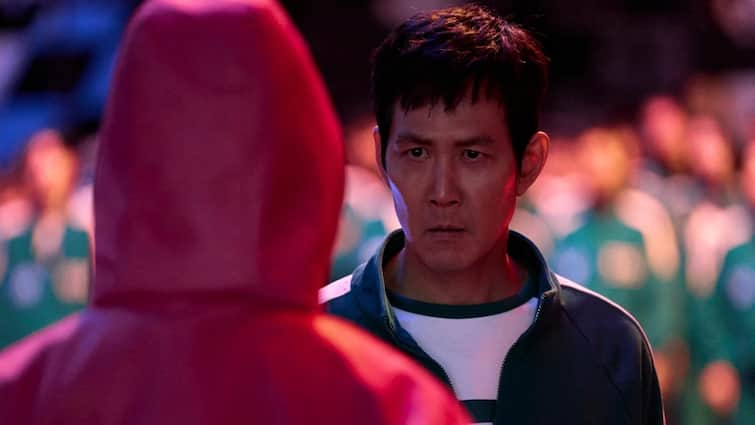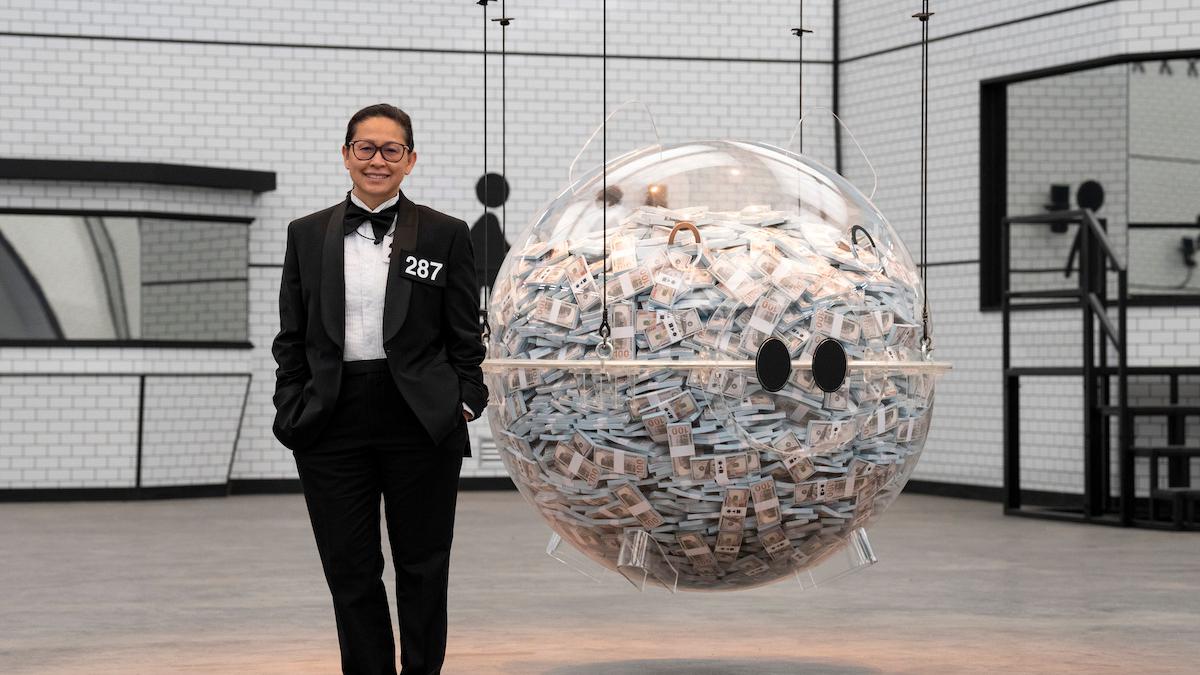
How Squid Game is rooted in the Korean debt crisis
Live MintLast week, a tweet from Netflix confirmed what a lot of viewers had suspected: The South Korean survival drama Squid Game has become one of the most popular shows on the streaming service globally, with 111 million confirmed fans. Squid Game obviously references several dark chapters from South Korea’s history—the visuals of gun-toting guards overseeing hundreds of jumpsuit-clad players in a gymnasium-like setting are, for instance, inspired by photographs of South Koreans in concentration camps in the 1980s, during President Chun Doo-hwan’s “Social Purification” campaign. Director Hwang Dong-hyuk has cited many films and shows as inspiration for Squid Game, including the well-known manga series Gambling Apocalypse: Kaiji, which spawned the Kaiji anime in 2007-08. Pachinko parlours are big business for Japan’s entertainment franchises too: for example, Neon Genesis Evangelion pachinko machines had earned close to $9 billion between 2004-19, over half of the Evangelion franchise’s total worth.
History of this topic

Real-life violence that inspired Squid Game left countless dead, survivors were 'frustrated' by Netflix show
Hindustan Times
Real-life violence that inspired South Korea's 'Squid Game'
New Indian Express
'Squid Game' returns looking for win with season 2
Deccan Chronicle‘Squid Game’ returns looking for win with season 2
Associated Press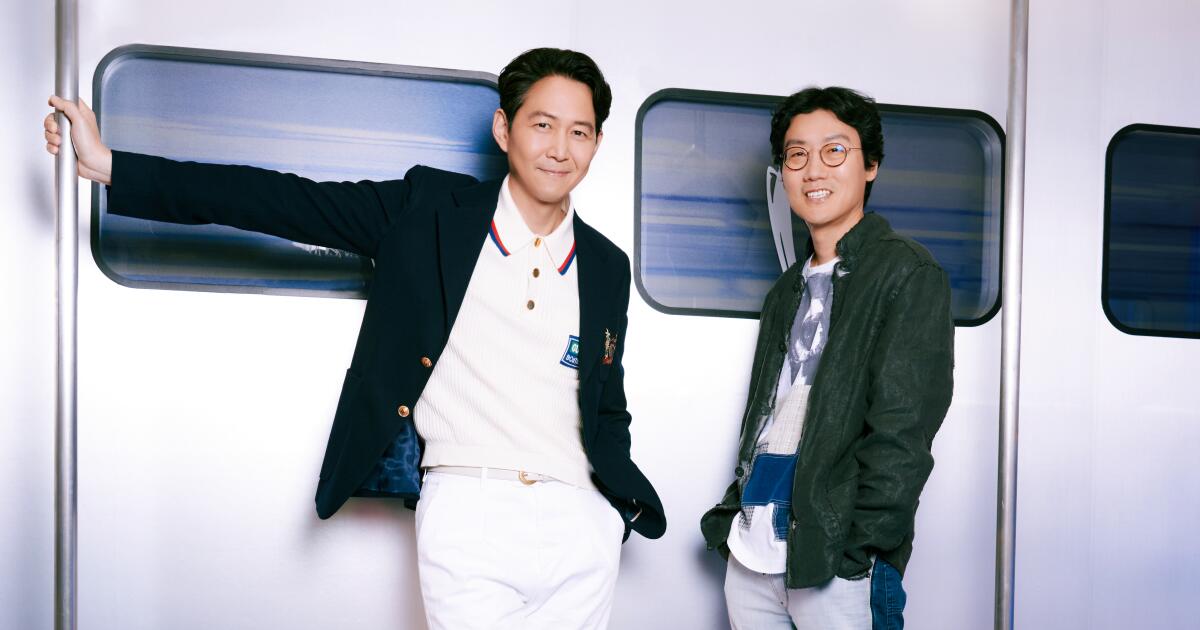
Nobody wanted to make ‘Squid Game.’ Now it’s making history
LA Times_1655883969876_1655884288020.jpg)
Money Heist: Korea hopes to repeat Squid Game’s success
Live Mint
‘Squid Game’ season two is coming, Netflix confirms
Live Mint
AP Breakthrough Entertainer: Anupam Tripathi of ‘Squid Game’
Associated Press
North Korean man sentenced to death for smuggling Netflix series Squid Game
Op India
You Can’t Understand Squid Game Without Understanding the Korean Concept Driving It
Slate
Why some Korean women are boycotting Squid Game
Al Jazeera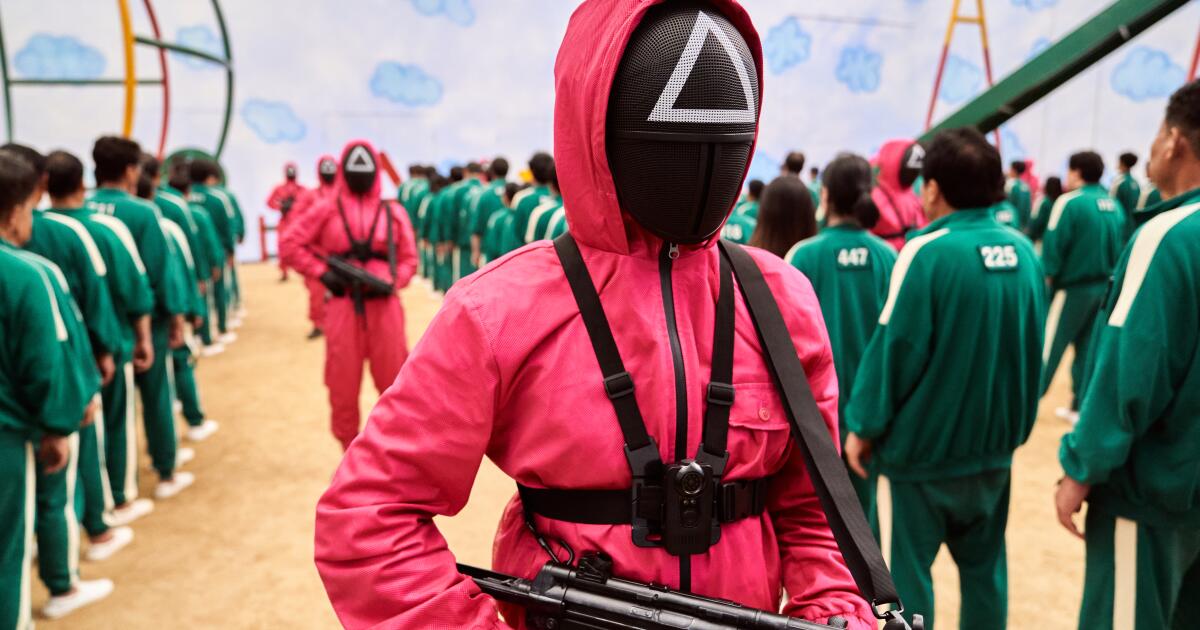
The seedy world of private lending in ‘Squid Game’ is a real temptation in South Korea
LA TimesSquid Game, the most popular show on Netflix, was inspired by South Korea's crippling debt crisis
ABCNot just a game: What has made ‘Squid Game’ so popular?
The Hindu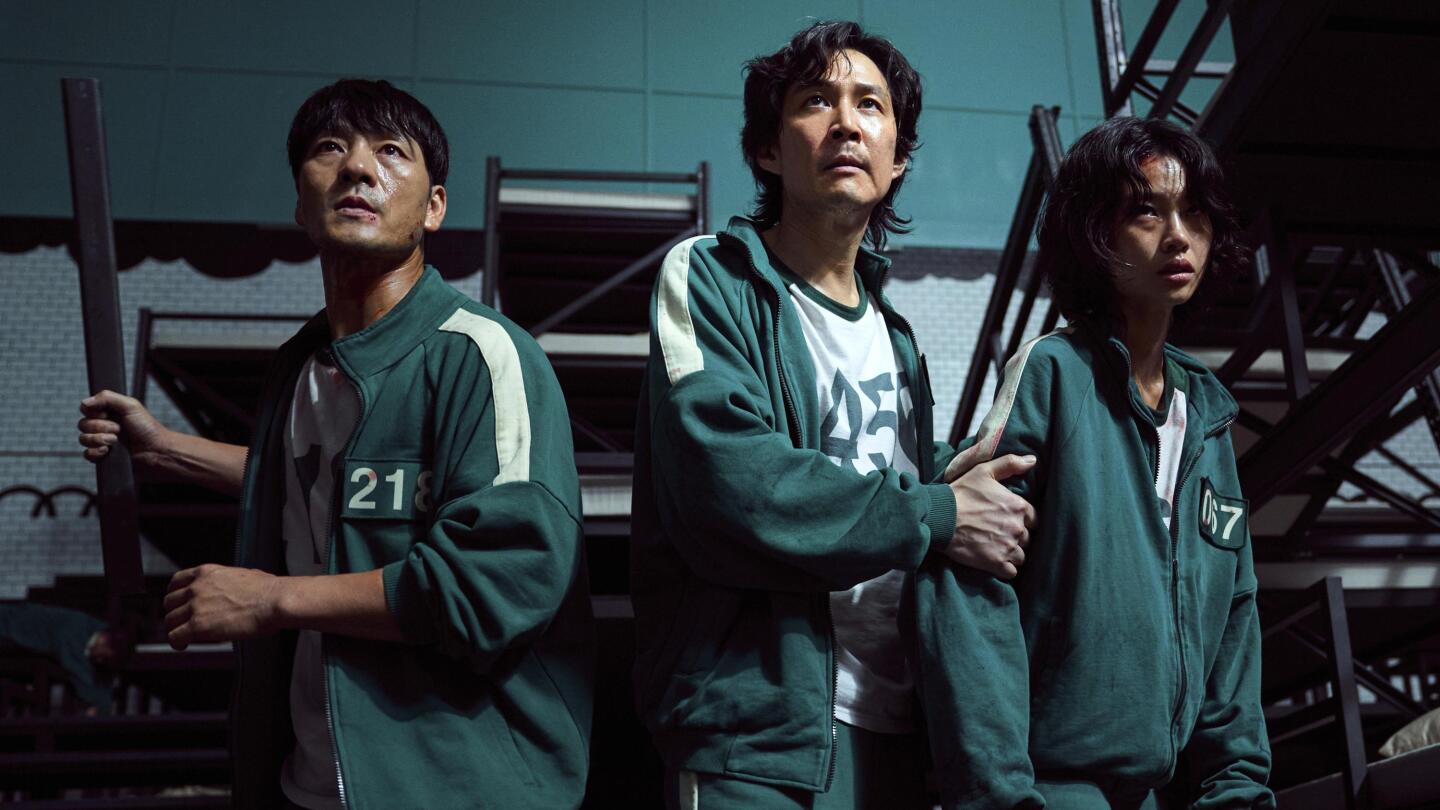
‘Squid Game’ strikes nerve in debt-ridden South Korea
Associated Press)
South Korean Netflix show Squid Game takes over China with illegal streams, merchandise sales
Firstpost)
Squid Game, South Korea's global hit show on Netflix, speaks to financial despair of the country's youth
Firstpost
Squid Game review: Why the biggest show today is one of the weirdest
Live MintDiscover Related






